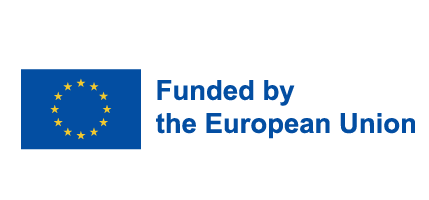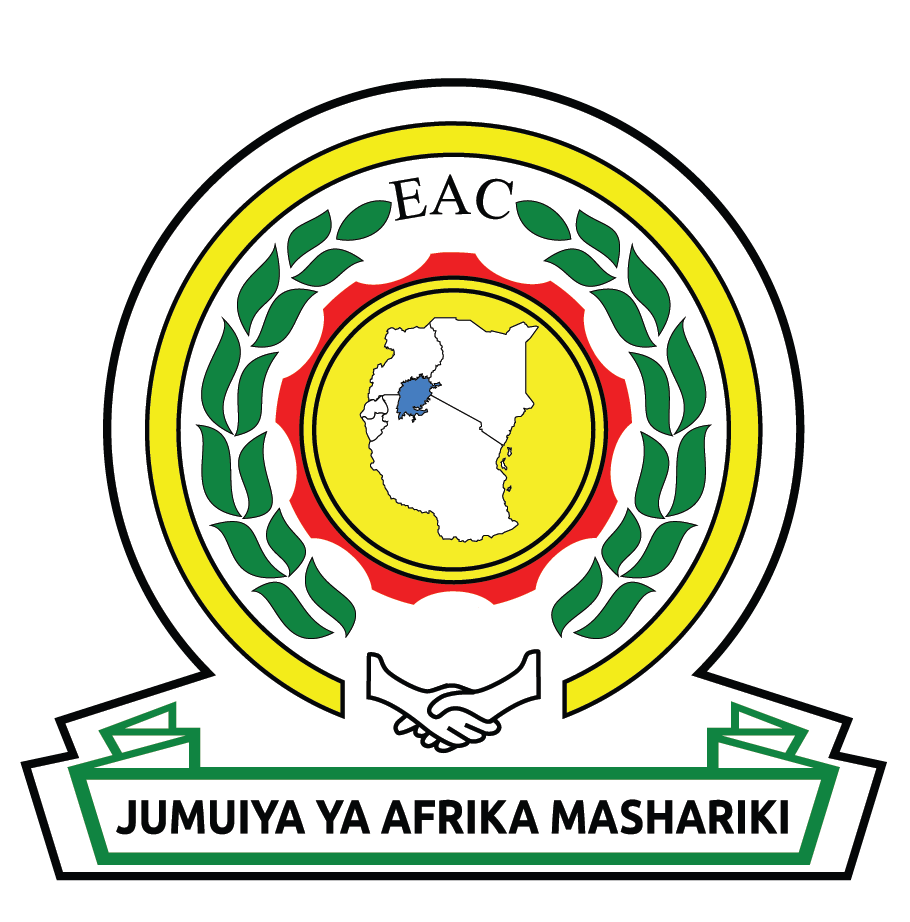EU-EAC CORE Programme
Initiatives
1. Support EAC Regional Integration in the Customs Union Area.
Under this initiative, the EU-EAC CORE Programme is supporting the East African Community (EAC) in its journey toward a fully operational Customs Union. This work is vital to enhancing regional integration, trade facilitation, and economic growth.
One of the key focuses is improving the digital infrastructure that enables efficient and secure exchange of customs-related data across borders. The programme is helping to build a modern, ICT-driven customs system that connects all EAC Partner States. This includes:
- Tracking goods across countries in real time through the Regional Electronic Cargo Tracking System
- Simplifying customs processes at borders through One Stop Border Post systems
- Integrating digital tools such as electronic customs bonds and Single Window platforms for faster approvals
To support these efforts, robust ICT infrastructure and secure data hosting architecture are being developed at regional Data Centers, enabling seamless interconnectivity across all EAC Partner States.
This integrated approach will not only boost efficiency and transparency but also strengthen the EAC Secretariat’s role in coordinating and monitoring Customs Union implementation across the region.
With this initiative, The Programme is spear heading the technical groundwork that will shape long-term customs modernization and regional integration with the programme’s core result areas with each addressing a critical pillar of trade facilitation across the EAC.
- Enhanced Interconnectivity of Customs Systems:The Programmme’s activities will initiate a regional situational assessment focused on ICT systems, infrastructure, and interoperability. Consultations with Principal IT Officers and review of existing studies (including the Interconnectivity Study) will inform the design of practical guidelines.
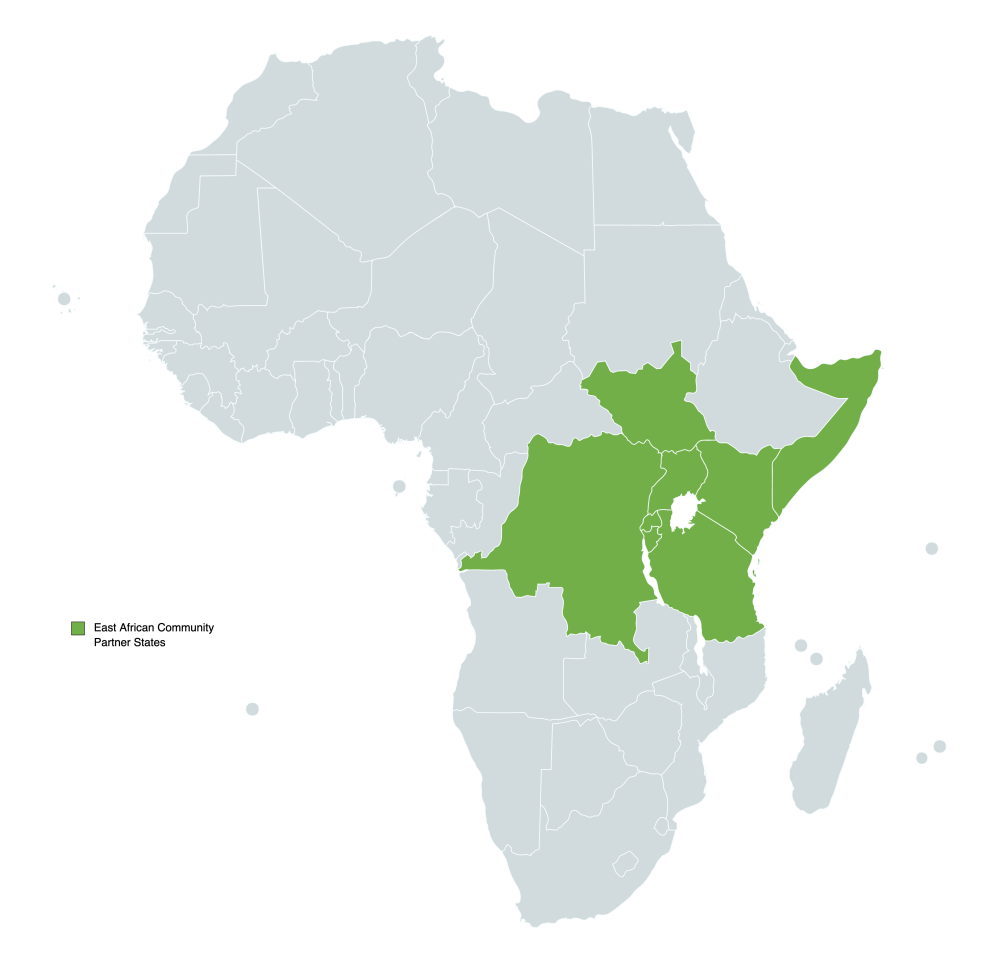
These efforts aim to build a strong, shared foundation for improved data exchange and coordinated customs processing across EAC Partner States.
2. Development and Alignment of Regional Customs Procedures: Through technical sessions and working group discussions with EAC stakeholders, The programme will support the formulation of common procedures and standards. The goal is to streamline customs documentation and align practices regionally, improving the predictability and efficiency of border operations.
3. Strengthened ICT Capacity of Customs Administrations; EU- EAC CORE Programme aims to have engagements with national and regional ICT officials to assess capacity gaps, needs, and opportunities for digital transformation. This will involve setting up mechanisms to integrate ICT development into customs operations, focusing on sustainability, skills development, and long-term digital resilience.
2. Promote Free Movement Of Services in The EAC
This initiative is heart of The EU- EAC CORE Programmes work, focusing on dismantling barriers to trade in services and harmonising regional regulations Programme is working towards promoting the free movement of services across the East African Community (EAC). This effort aims to support the implementation of regional commitments under the Common Market Protocol and aims to unlock the potential of service sectors such as finance, ICT, accounting, tourism, health, education, and other professional services.
It should be noted that services account for a growing share of East Africa’s economy and play a crucial role in cross-border trade, investment, and job creation. However, barriers and regulatory inconsistencies between Partner States have slowed the integration of service markets. The EU-EAC CORE Programme is helping to remove these obstacles through a targeted and structured approach. The Programme aims to achieve this initiative through;
- Development of a living database of restrictions. This will be developed to aid in monitoring Trade in Services Restrictions and facilitate the removal of existing restrictions on Trade in Services (TiS), considering the existing institutional, administrative and regulatory restrictions both at national and regional levels.
- Undertaking Diagnostic studies and audits in the Recreational, Cultural & Sporting services as well as the Energy Services, enabling evidence-based removal of market access barriers. This is aimed to provide social, economic, legal, and political background for EAC Partner States Trade in Services negotiators to negotiate specific commitments and regulatory development in this specific sector.
- Awareness and Coordination activities such as Hosting a Peer-to-Peer Conference with this year’s conference focusing on Financial Services. These conferences are aimed to foster mutual learning, dialogue, and best practice exchange among regulators and service providers across the region. The programme also looks forward to organizing Annual Trade in Services Conferences, using the Public-Private Dialogue (PPD) model to bring together regulators, private sector players, and policymakers. The first PD is aimed to focus on mobility of Business Persons
- Development of sector specific regional regulatory frameworks such as Drafting EAC regulations on franchising, Developing an EAC framework for cross-border retail trade, Developing an MRA for insurance regulators, professionals and products and Reviewing the Mutual Recognition Agreement (MRA) to improve labor mobility and credential recognition.
Building capacity and enhancing cooperation among regulators. EU-EAC CORE Programme has kicked off with its initiative of Undertake a capacity needs assessment, provide training and support to Burundi in order to join IFAC (International Federation of Accountants)
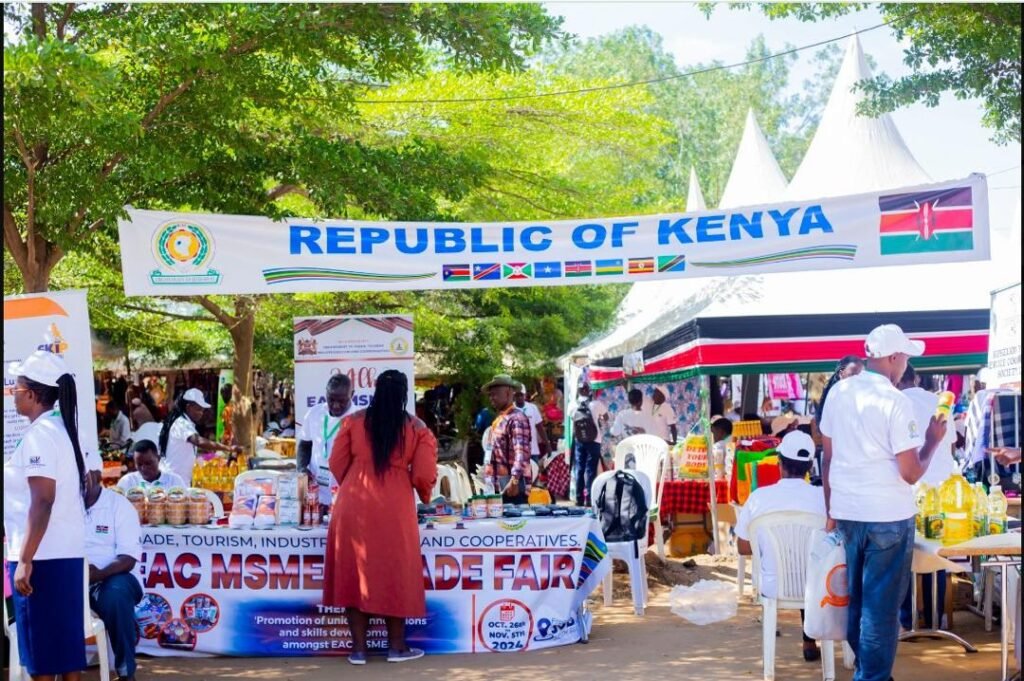
6. Addressing a major gap in the region by supporting the collection of sector-specific data on Trade in Services (TiS). This will include developing a standardized framework for TiS statistics and training national stakeholders to build long-term data collection and analysis capacity.
By simplifying rules, removing restrictions, and building stronger regulatory cooperation, the EU and EAC are making it easier for businesses and professionals to offer services across borders strengthening economic ties and improving lives throughout the region. Support data collection in Trade in Services Statistics through targeted support to pilot the collection and compilation of trade in services data at the national level, focusing on selected priority sectors. This will include undertaking comprehensive baseline surveys in each Partner State to gather foundational data to inform policy and reform processes. This will steer evidence-based policymaking, enhance transparency, and support the broader goal of deepening regional integration. Reliable and comparable data will be instrumental in identifying strategic sectors for liberalization, measuring progress, and fostering a more dynamic and integrated regional services market across the EAC.
Development of sector specific regional regulatory frameworks such as Drafting EAC regulations on franchising aimed to ensure the potential benefits of franchising as a model are leveraged such as attracting investments, skills transfer, enhancing earning of foreign currency when local brands export to other franchise markets; and Developing an EAC framework for cross-border retail trade aimed to address key challenges in the sector such as concerns of uncompetitive behavior of retailers, with perceived exploitation of suppliers; Developing an regulatory framework for insurance regulators, professionals and products.
Developing this harmonized regulatory framework among insurance players will facilitate portability of Insurance services and the recognition of qualifications for insurance professionals and insurance policies issued by other EAC Partner States for insurance professionals (sales agents, agencies, managing general agents, brokers, producers, claims representatives, adjusters, actuarial analysts, actuarial specialists and third-party administrators).
3. Improve EAC Secretariat's Corporate Services Performance
A strong regional Secretariat is playing a critical role in ensuring the effective coordination and implementation of EAC integration efforts. Through the EU-EAC CORE Programme, dedicated support is currently being provided to enhance the EAC Secretariat’s capacity to manage programmes. This includes;
- Developing a comprehensive Monitoring and Evaluation (M&E) Plan, which incorporates a detailed monitoring framework and a risk management framework, while also supporting the conduct of annual performance reviews. In parallel, appropriate reporting mechanisms are being established to ensure the smooth and timely production of high-quality narrative and financial reports, thereby strengthening accountability and enabling effective tracking of programme progress.
- Targeted capacity building on EDF rules and procedures and the provision of practical tools is being delivered to EAC staff engaged in the programme to ensure the effective delivery of programme management and communication functions.
- Strengthening programme communication and visibility, including supporting the EAC Secretariat in planning and coordinating a regional visibility event each year, held alongside major thematic events related to Customs or Trade in Services.
- Support the EAC Secretariat in setting up appropriate Programme Governance mechanisms, which include a technical and steering Committee. These committees provide oversight for the EU-EAC CORE Programme.
- The Technical Committee provided technical guidance, expertise, and oversight to ensure that the programme’s technical aspects align with est ablished standards, industry best practices, and regional integration.
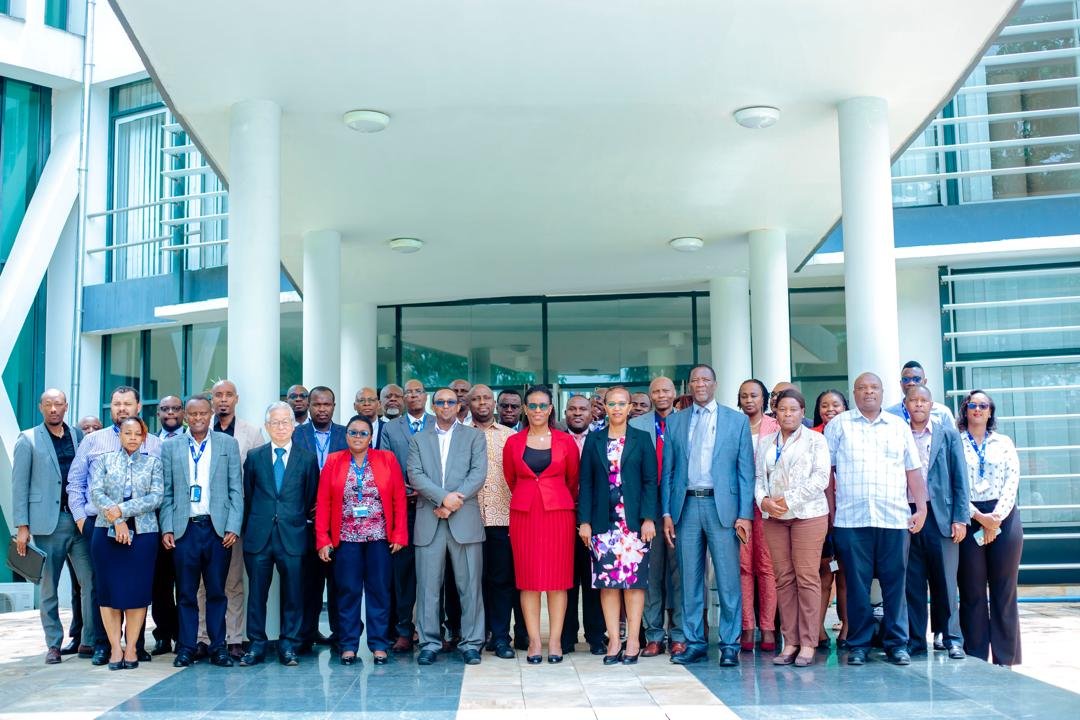
- This committee is composed of representatives from the EAC Secretariat, the European Union Delegation and the Technical Assistance Team for the EU-EAC CORE Programme.
- The steering committee reviews the programme’s overall policy and strategic directions, monitors the performance and coherence between the different components, and provides guidance as appropriate. This is composed of representatives from the EAC Partner States, services regulatory Agencies, Private sector organisations/business membership organizations, EAC secretariat, European Union Delegation, Representatives of GIZ in Tanzania and the Technical Assistance Team for the EU-EAC CORE Programme.
Our Focus
A dynamic endeavor that brings together the best of both worlds
The EU-EAC CORE Programme is more than a project; it’s a catalyst for economic transformation. Together, we pave the way for a connected, efficient, and prosperous East African region.
